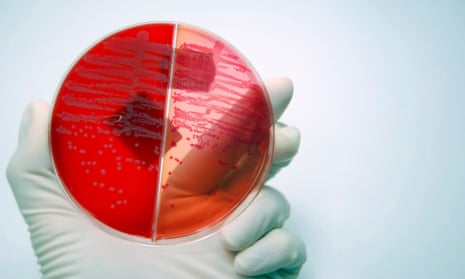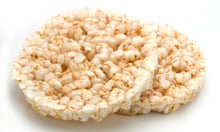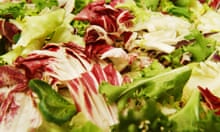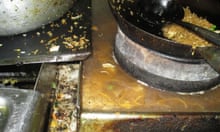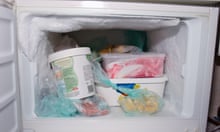One in four samples of chicken bought from major supermarket chains contained antibiotic-resistant E coli in a study by the University of Cambridge.
The bacterium was discovered in packs of meat sold at Tesco, Sainsbury’s, Asda, Aldi, Waitrose, the Co-op and Morrisons. Scientists tested products such as whole roasting chickens, diced breast meat and packets of legs, thighs and drumsticks, detecting ESBL E coli – resistant to many types of antibiotics – on 22 of 92 samples.
The study, commissioned by the campaign group Save Our Antibiotics, also found 51% of E coli from pork and poultry samples were resistant to the antibiotic trimethoprim, which is used to treat more than half of lower urinary tract infections
Dr Mark Holmes, from the University of Cambridge, studied 189 chicken and pork samples. He told the Daily Mail: “The levels of resistant E coli that we have found are worrying. Every time someone falls ill, instead of just getting a food poisoning bug they might also be getting a bug that is antibiotic resistant.”
People developing urinary tract infections may discover that the bug they have is resistant to a first-choice antibiotic, and by the time a suitable one is found the bug could be “out of control”, potentially leading to death.
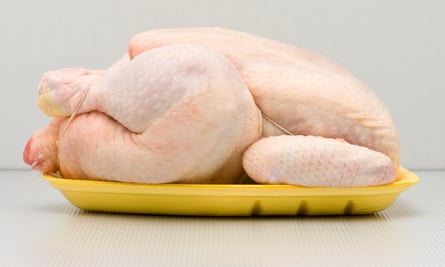
“I am concerned that insufficient resources are being put into the surveillance of antibiotic resistance in farm animals and retail meat,” Holmes said. “These results highlight the need for improvements in antibiotic stewardship in veterinary medicine.”
Cóilín Nunan, a scientific adviser to Save Our Antibiotics, said the findings should be a wake-up call for supermarkets and the government.
“They show that many consumers are being exposed to high levels of antibiotic resistance daily at meal time,” Nunan said. “Scientific evidence is accumulating that the overuse of antibiotics on farms is an important contributor to antibiotic resistance in E coli infections.
“E coli is now killing more than twice as many people as MRSA and Clostridium difficile combined, so the price of any further inaction will be measured in human lives.’
Symptoms of E coli infection normally include a fever, leading to sickness and diarrhoea. Precautions that can be taken to reduce the risk of infection include washing hands after contact with possible sources such as raw food.
In May, the then chancellor, George Osborne, said antimicrobial resistance would present a greater danger to humankind than cancer by the middle of the century unless world leaders agreed to tackle the threat.
Sally Davies, the chief medical officer for England, has warned of an “apocalyptic scenario” in the next two decades, in which people could die of routine infections during simple operations “because we have run out of antibiotics”.
Earlier this year, a patient in the US was infected with E coli that was resistant to the “last resort” antibiotic colistin, the first time such resistance had been recorded.
